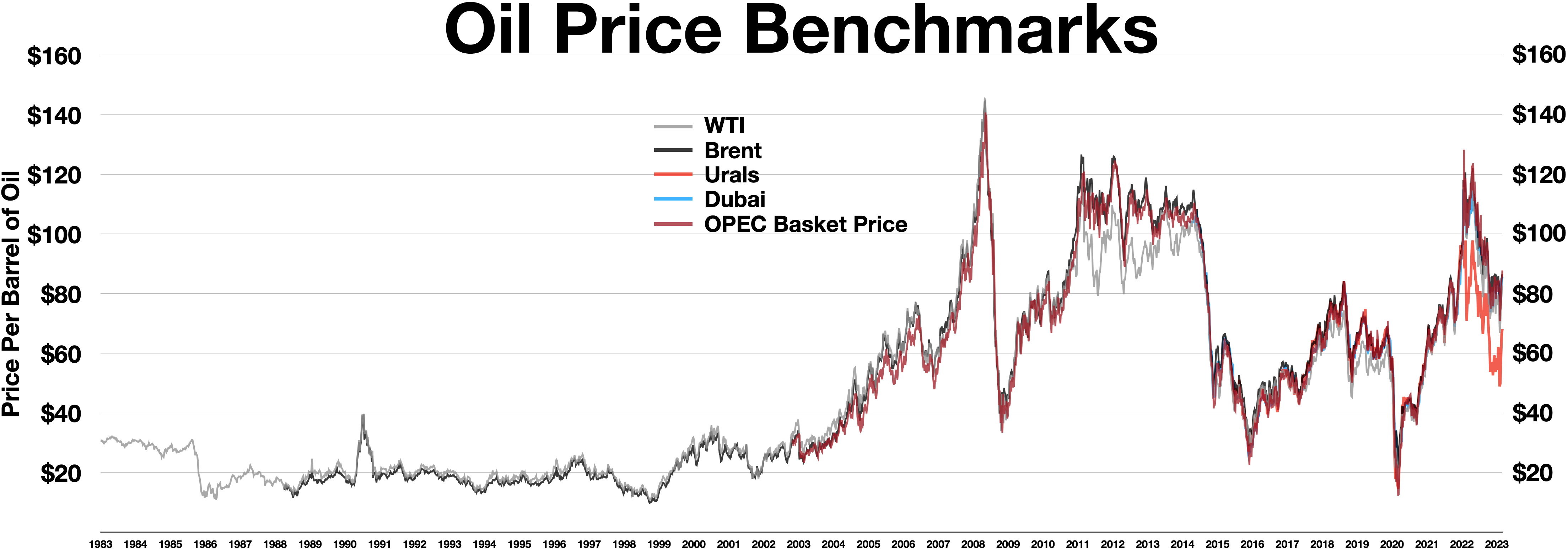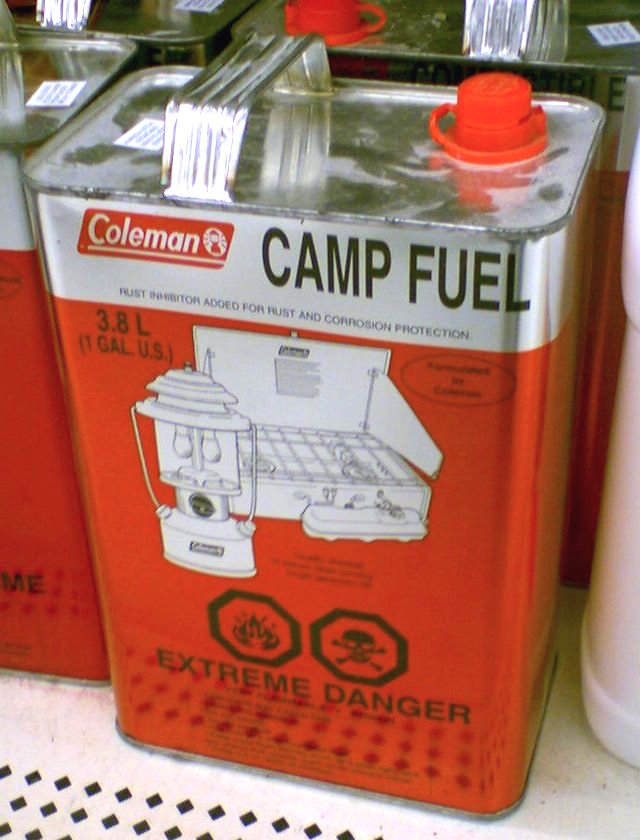|
Alberta Royalty Review
The 2007 Alberta Royalty Review was an independent panel, chaired by William M. Hunter, established by the government of Alberta to review the level of resource royalties collected by the provincial government from petroleum and natural gas companies. In their final report entitled "Our Fair Share" released on September 18, 2007, the panel concluded that Albertans, who own their natural resources, were not receiving their "fair share" from energy development. Royalty rates and formulas had "not kept pace with changes in the resource base and world energy markets." As a result of the review new regulations came into effect under the Alberta Mines and Minerals Act including the Petroleum Royalty Regulation, 2009, and the Natural Gas Royalty Regulation, 2009. The government of Alberta expected to collect approximately $2 billion annually with new royalty formulas implemented in 2009. Instead of an increase in royalties on oil and gas, Alberta collected $13.5 billion less from 2009 to 2 ... [...More Info...] [...Related Items...] OR: [Wikipedia] [Google] [Baidu] |
Government Of Alberta
The Government of Alberta () is the body responsible for the administration of the Provinces and territories of Canada, Canadian province of Alberta. In modern Canadian use, the term ''Government of Alberta'' refers specifically to the executive—political Minister of the Crown, ministers of the Crown (the Cabinet/Executive Council) who are appointed on the Advice (constitutional), advice of the Premier of Alberta, premier. Ministers direct the Nonpartisanism, non-partisan civil service, who staff ministries and agencies to deliver government policies, programs, and services. The executive corporately brands itself as the ''Government of Alberta'', or more formally, His Majesty's Government of Alberta (). Alberta operates in the Westminster system of government. The political party or coalition that wins the largest number of seats in the legislature forms government, and the party's leader becomes premier of Alberta and ministers are selected by the premier. Role of the Crown ... [...More Info...] [...Related Items...] OR: [Wikipedia] [Google] [Baidu] |
Price Of Oil
The price of oil, or the oil price, generally refers to the spot price of a barrel () of benchmark crude oil—a reference price for buyers and sellers of crude oil such as West Texas Intermediate (WTI), Brent Crude, Dubai Crude, OPEC Reference Basket, Tapis crude, Bonny Light, Urals oil, Isthmus, and Western Canadian Select (WCS). Oil prices are determined by global supply and demand, rather than any country's domestic production level. Through the years The global price of crude oil was relatively consistent in the nineteenth century and early twentieth century. This changed in the 1970s, with a significant increase in the price of oil globally. There have been a number of structural drivers of global oil prices historically, including oil supply, demand, and storage shocks, and shocks to global economic growth affecting oil prices. Notable events driving significant price fluctuations include the 1973 OPEC oil embargo targeting nations that had supported I ... [...More Info...] [...Related Items...] OR: [Wikipedia] [Google] [Baidu] |
New York Mercantile Exchange
The New York Mercantile Exchange (NYMEX) is a commodity futures exchange owned and operated by CME Group of Chicago. NYMEX is located at One North End Avenue in Brookfield Place in the Battery Park City section of Manhattan, New York City. The company's two principal divisions are the New York Mercantile Exchange and Commodity Exchange, Inc (COMEX), once separately owned exchanges. NYMEX traces its history to 1882 and for most of its history, as was common of exchanges, it was owned by the members who traded there. Later, NYMEX Holdings, Inc., the former parent company of the New York Mercantile Exchange and COMEX, went public and became listed on the New York Stock Exchange on November 17, 2006, under the ticker symbol NMX. On March 17, 2008, Chicago based CME Group signed a definitive agreement to acquire NYMEX Holdings, Inc. for $11.2 billion in cash and stock and the takeover was completed in August 2008. Both NYMEX and COMEX now operate as designated contract marke ... [...More Info...] [...Related Items...] OR: [Wikipedia] [Google] [Baidu] |
Commodity
In economics, a commodity is an economic goods, good, usually a resource, that specifically has full or substantial fungibility: that is, the Market (economics), market treats instances of the good as equivalent or nearly so with no regard to who Production (economics), produced them. The price of a commodity good is typically determined as a function of its market as a whole: well-established physical commodities have actively traded spot market, spot and derivative (finance), derivative markets. The wide availability of commodities typically leads to smaller profit margins and diminishes the importance of factors (such as brand, brand name) other than price. Most commodities are raw materials, basic resources, agriculture, agricultural, or mining products, such as iron ore, sugar, or grains like rice and wheat. Commodities can also be mass-produced unspecialized products such as chemical substance, chemicals and computer memory. Popular commodities include Petroleum, crude ... [...More Info...] [...Related Items...] OR: [Wikipedia] [Google] [Baidu] |
Underlying
In finance, a derivative is a contract between a buyer and a seller. The derivative can take various forms, depending on the transaction, but every derivative has the following four elements: # an item (the "underlier") that can or must be bought or sold, # a future act which must occur (such as a sale or purchase of the underlier), # a price at which the future transaction must take place, and # a future date by which the act (such as a purchase or sale) must take place. A derivative's value depends on the performance of the underlier, which can be a commodity (for example, corn or oil), a financial instrument (e.g. a stock or a bond), a price index, a currency, or an interest rate. Derivatives can be used to insure against price movements ( hedging), increase exposure to price movements for speculation, or get access to otherwise hard-to-trade assets or markets. Most derivatives are price guarantees. But some are based on an event or performance of an act rather than a pri ... [...More Info...] [...Related Items...] OR: [Wikipedia] [Google] [Baidu] |
Benchmark (crude Oil)
A benchmark crude or marker crude is a Petroleum, crude oil that serves as a reference price for buyers and sellers of crude oil. There are three primary benchmarks, West Texas Intermediate (WTI), Brent Blend, and Dubai Crude. Other well-known blends include the OPEC Reference Basket used by OPEC, Tapis crude, Tapis Crude which is traded in Singapore, Western Canadian Select used in Canada, Bonny Light used in Nigeria, Urals oil used in Russia and Mexico's Isthmus-34 Light, Isthmus. Energy Intelligence Group publishes a handbook which identified 195 major crude streams or blends in its 2011 edition. Benchmarks are used because there are many List of crude oil products, different varieties and grades of crude oil. Using benchmarks makes referencing types of oil easier for sellers and buyers. There is always a spread between WTI, Brent and other blends due to the relative volatility (high API gravity is more valuable), sweetness/sourness (low sulfur is more valuable) and transpor ... [...More Info...] [...Related Items...] OR: [Wikipedia] [Google] [Baidu] |
Parkland Institute
The Parkland Institute is an Alberta-wide, non-partisan research institute, situated within the Faculty of Arts at the University of Alberta. The Institute studies economic, social, cultural, and political issues using the intellectual approach of Canadian political economy. The Institute was founded in the fall of 1996, and first came to public attention in February 1997 when it co-published with the University of Alberta Press the book ''Shredding the Public Interest: Ralph Klein and 25 Years of One-Party Government'' by researcher Kevin Taft. Then-Alberta premier Ralph Klein accused Taft of promoting "communism" and the book quickly became a best-seller. In addition to publishing and disseminating the findings of research, the Parkland Institute has hosted an annual conference each November at the University of Alberta since 1997. History The Parkland Institute was founded in 1996 by Gordon Laxer, a political economist in the University of Alberta's sociology department, who ... [...More Info...] [...Related Items...] OR: [Wikipedia] [Google] [Baidu] |
University Of Alberta
The University of Alberta (also known as U of A or UAlberta, ) is a public research university located in Edmonton, Alberta, Canada. It was founded in 1908 by Alexander Cameron Rutherford, the first premier of Alberta, and Henry Marshall Tory, the university's first president. It was enabled through the ''Post-secondary Learning Act.'' The university is considered a "comprehensive academic and research university" (CARU), which means that it offers a range of academic and professional programs that generally lead to undergraduate and graduate level credentials. The university comprises four campuses in Edmonton, an Augustana Campus in Camrose, Alberta, Camrose, and a staff centre in downtown Calgary. The original north campus consists of 150 buildings covering 50 city blocks on the south rim of the North Saskatchewan River valley parks system, North Saskatchewan River valley, across and west from downtown Edmonton. About 37,000 students from Canada and 150 other countries partici ... [...More Info...] [...Related Items...] OR: [Wikipedia] [Google] [Baidu] |
Natural-gas Condensate
Natural-gas condensate, also called natural gas liquids, is a low-density mixture of hydrocarbon liquids that are present as gaseous components in the raw natural gas produced from many natural natural gas field, gas fields. Some gas species within the raw natural gas will condense to a liquid state if the temperature is reduced to below the hydrocarbon dew point temperature at a set pressure. The natural gas condensate is also called condensate, or gas condensate, or sometimes natural gasoline because it contains hydrocarbons within the gasoline boiling range, and is also referred to by the shortened name condy by many workers on gas installations. Raw natural gas used to create condensate may come from any type of gas well such as: * Crude Oil well, oil wells: Natural gas that comes from crude oil wells is typically called ''associated gas''. This gas could exist as a separate gas cap above the crude oil in the underground reservoir or could be dissolved in the crude oil, ulti ... [...More Info...] [...Related Items...] OR: [Wikipedia] [Google] [Baidu] |
Naphtha
Naphtha (, recorded as less common or nonstandard in all dictionaries: ) is a flammable liquid hydrocarbon mixture. Generally, it is a fraction of crude oil, but it can also be produced from natural-gas condensates, petroleum distillates, and the fractional distillation of coal tar and peat. In some industries and regions, the name ''naphtha'' refers to crude oil or refined petroleum products such as kerosene or diesel fuel. Naphtha is also known as Shellite in Australia. Etymology The word ''naphtha'' comes from Latin through Ancient Greek (), derived from Middle Persian ''naft'' ("wet", "naphtha"), the latter meaning of which was an assimilation from the Akkadian 𒉌𒆳𒊏 (see Semitic relatives such as Arabic petroleum" Syriac ''naftā'', and Hebrew , meaning petroleum). Antiquity The book of II Maccabees (2nd cent. BC) tells how a "thick water" was put on a sacrifice at the time of Nehemiah and when the sun shone it caught fire. It adds that "those aro ... [...More Info...] [...Related Items...] OR: [Wikipedia] [Google] [Baidu] |
Western Canadian Select
Western Canadian Select (WCS) is a heavy sour blend of crude oil that is one of North America's largest heavy crude oil streams and, historically, its cheapest. It was established in December 2004 as a new heavy oil stream by EnCana (now Cenovus), Canadian Natural Resources, Petro-Canada (now Suncor) and Talisman Energy (now Repsol Oil & Gas Canada). It is composed mostly of bitumen blended with sweet synthetic and condensate diluents and 21 existing streams of both conventional and unconventional Alberta heavy crude oils at the large Husky Midstream General Partnership terminal in Hardisty, Alberta. Western Canadian Select—the benchmark for heavy, acidic ( TAN <1.1) crudes—is one of many s from the |
Canada Revenue Agency
The Canada Revenue Agency (CRA; ; ) is the revenue service of the Government of Canada, Canadian federal government, and most Provinces and territories of Canada, provincial and territorial governments. The CRA collects Taxation in Canada, taxes, administers tax law and tax policy, policy, and delivers Welfare spending, benefit programs and tax credits. Legislation administered by the CRA includes the ''Income Tax Act,'' parts of the ''Excise Tax Act'', and parts of laws relating to the Canada Pension Plan, employment insurance (EI), tariffs and Duty (tax), duties. The agency also oversees the registration of Canadian Charity Law, charities in Canada, and enforces much of the country's tax laws. From 1867 to 1999, tax services and programs were administered by the Department of National Revenue, otherwise known as Revenue Canada. In 1999, Revenue Canada was reorganized into the Canada Customs and Revenue Agency (CCRA). In 2003, the Canada Border Services Agency (CBSA) was created ... [...More Info...] [...Related Items...] OR: [Wikipedia] [Google] [Baidu] |








